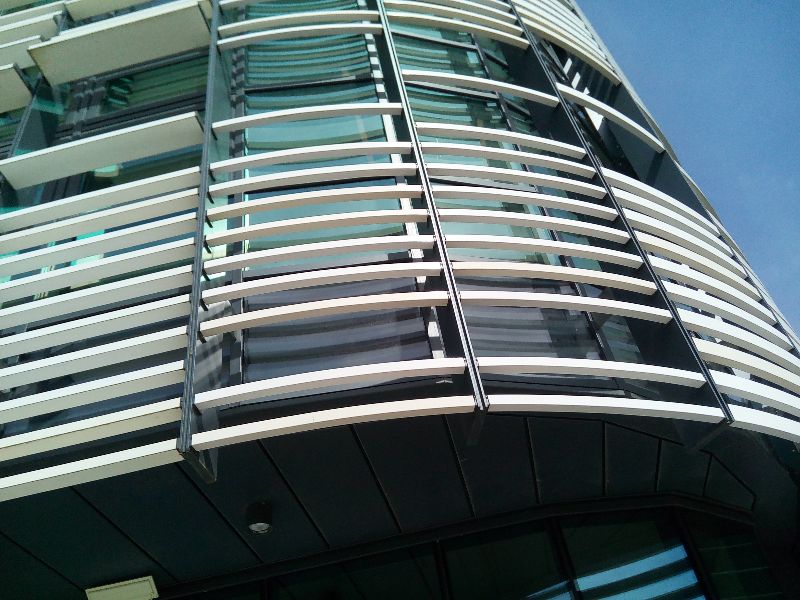New Feasibility Study Being Planned
In a previous newsletter we alluded
to further research that is being planned at the centre.
One such piece of research involves a feasibility study that the
charity has discussed with the research team since the end of last year.

Professor Glen Jeffery from UCL, who has been researching red light therapy for over 10 years, recently gave a presentation at the #BRMEC10 colloquium in June.
After discussions within the Quadram Institute last year, where the effects of this treatment for other conditions/scenarios were being evaluated, then the subject of ME was brought up (one of the advantages of concentrating on a centre hub model for ME as other research being conducted can bring in new ideas and knowledge).
The aim of using this red light therapy is to have the effect of boosting a recipient’s mitochondria.
The technique is to use special lamps that are set to a specific wavelength.
Here is an example of the research - https://www.nature.com/articles/s41598-021-02311-1
More details of the method is given in the link below.
The aim now is to see if this might be something that can help people with ME and also might be connected with the other research that the charity is funding including the clinical trial.
The Quadram team has been working with the ethics committee in order to present this study to patients with the correct regulatory procedures having been put in place and agreed. This inevitably has taken a good deal of time but the end result provides for a better and more robust study.
The ethics application was originally submitted to UEA ethics in the middle of May for review later that month. Feedback from the ethics committee required a number of amendments to be made before resubmission. These were associated with the use of the red lights and this led to a formal risk assessment being undertaken at Quadram. Following this all of the relevant safety precautions have been added to the study documents.
The ethics committee also requested that patient involvement and engagement should be undertaken in order to get ‘patients with lived experience’ to review the participant information sheet and instruction manuals for lamps and the activity monitor being used in association with the lamps, and provide feedback on the readability of the documents. This has now been set up using an online Microsoft forms.
Help and Provide Feedback on Study Documents
For those people with ME who have time then we would like to ask you to review the trial participant information sheets. These are in the link below.
If you would be able to use the link to read the documents and complete a short feedback questionnaire then it would be appreciated
This form expires at midnight on 12 July 2023.
In connection with this study participants will also be using the new activity measuring devices that will be used in the RESTORE ME clinical trial.
If the initial phase of the study is successful then this would be expanded and we would fund, or find funding for a larger trial - perhaps augmenting the clinical trial, and other research we are planning.

Professor Carding recently presented an update on the research at the centre, including this red light study, at the recent #BRMEC12 colloquium and the #IIMEC15 conference that were organised by the charity.
We would like to thank our supporters for their continued support.
Raising Awareness of the Existing Research Base
We plan more research being announced soon at the centre concerning the work that has been performed, and is ongoing, to develop a UK/European Centre of Excellence for ME in Norwich Research Park.
Please make your MP aware of the research being performed at the centre in Norwich Research Park.
Much work has been done to create the solid foundations for research at the centre and this is the obvious place for more investment in research into this disease.
References and Further Reading
- “Investigating Immune Reactivity to the Intestinal Microbiome in Myalgic Encephalomyelitis/Chronic Fatigue Syndrome”
- “STEM for BRITAIN”
- “UK Charity Announces First Fellowship for Research into Myalgic Encephalomyelitis (ME) in Norwich Research Park”
- “Quadram Institute Press Release 21 June 2022”
- UK Charity Invest in ME Research grants funding for continued research into ME, including a clinical trial at the Quadram Institute.
- UK/European Centre of Excellence for ME Executive Summary
- RESEARCH NEWS: New Award for Research into ME in Norwich Research Park
- Quadram Institute Research into ME
- The Carding Lab - Quadram Institute
- RESTORE-ME: Restoring gut microbiota to treat Myalgic Encephalomyelitis/Chronic Fatigue Syndrome






